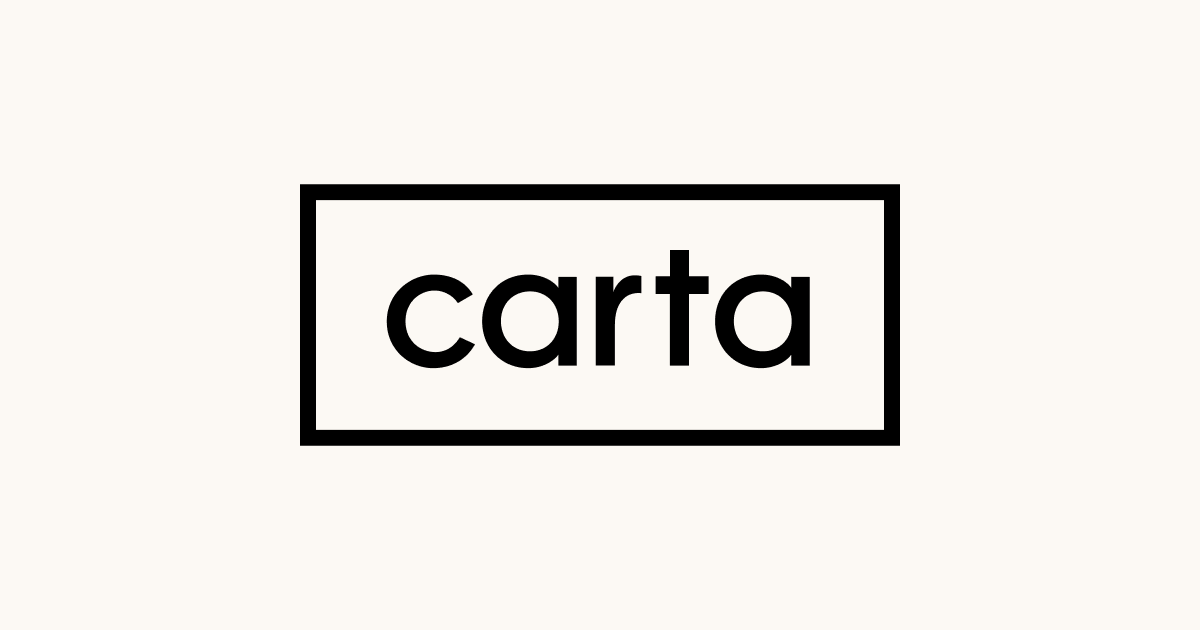Chad Wilbur, Carta’s Head of Valuations, recently wrote a blog post on why startup valuations are broken. To summarize, 409A valuations use public market comparables to estimate the value of private companies, which are not accurate for early stage companies. This issue is made worse when valuing companies in emerging industries.
This challenge forces valuations analysts, including ours, to get creative to provide accurate valuations despite imperfect information.
1) The Cannabis Industry:
Eight states have legalized cannabis for recreational use and even more have legal medical marijuana laws on the books. Startups are jumping at the chance to break into an industry that could be as big as alcohol or tobacco. Investors ranging from Snoop Dog to Winklevoss Capital are funneling large amounts of money into the space, but how big is the industry and how should these startups be valued?
Promising Startups: Calyz brands, Loto Labs, Meadow, Eaze
How we value cannabis companies:
To value companies in the cannabis industry, we don’t just look the industry, we look at the startup’s business model. From cannabis publications like the Fresh Toast to delivery brands like Eaze, a business model helps us find more specific (and accurate) comparables for each company.
For some cannabis businesses, tobacco companies like Phillip Morris provide helpful comparisons. For marijuana delivery startups, broadening the scope to include on-demand companies like Grubhub or Doordash offer a better comparison. Each company might say they are tackling the entire cannabis industry, but in reality they are focusing on a niche within it, which helps us assess their potential, risk, and more.
Public Comparables: MCIG, MassRoots, Phillip Morris, Turing Point Brands, Canopy Growth, British American Tobacco, Vapor Group
2) The Drone Industry
While most closely associated with aircraft weaponry, startups are finding consumer-centric applications for drones. Drone video equipment makes shooting incredible landscapes accessible to the common Instagrammer; meanwhile, Amazon is using drones for delivery in a few markets.
Promising Startups: Skydio, Dronebase, Zipline
How we value drone companies:
The main factor when choosing comparables for drone startups is to evaluate the consumer versus military applications. If the company is making small drones as toys or for video equipment then GoPro, Google, and Amazon are ideal comparables. Boeing and Northrop Grunmman are better used for more traditional drone companies.
One of the biggest challenges is understanding the large regulatory risk involved in the drone space. Businesses that are working on building federal and international partnerships to mitigate that risk will fare better in our 409A valuations.
Public Comparables: Amazon, Google, iRobot, Textron, AeroVironment, GoPro, Northrop Grunmman, The Boeing Company, Lockheed Martin Corporation, General Dynamics Corp.
3) The Virtual Reality/Augmented Reality Industry
From helping patients with phobias to the short run viral success of PokèmonGo, the VR/AR industry has a diverse set of possible applications. The startups we commonly see in the industry today are focusing on gaming and video, but as they push the technology, more opportunities — and valuation challenges — will follow.
Promising Startups: Entry Point VR, VREAL Inc, Lucid VR
How we value VR/AR companies:
The public companies used for comparables in this industry are looking to use the technology to enhance their already established products. The Facebooks and Apples of the world see VR as a way to make their software more intuitive and engaging. NVIDIA, the leader in this space, has departments ranging from gaming to self-driving cars.
A VR/AR department that is financially supported by the revenue from a reputable company is not a good comparable to a startup who has bet their entire worth on the VR application. The volatility of one will not be representative of the other. Most analysts will increase the risk factor to make up for this incongruence.
Public Comparables: Facebook, Microsoft, Apple, Universal Display Corporation, NVIDIA, Advanced Micro Devices, VMWare, BrightCove, Garmin, Avid Technology, Dolby Lab
Conclusion:
Niche and up-and-coming industries illustrate how difficult it can be to find pure-play public competitors. A startup that is betting their whole value on a new industry is very different from a public company dipping a toe in the water. Even something as simple as a difference in revenue model (i.e. transactional vs recurring/subscription) or application of the software can drastically change the valuation of companies, even within the same sector.
As startups push boundaries into new industries, 409As should do the same. Using private company comparables will begin to solve this and many other valuations problems.
If you need a 409A valuation, reach out to our team here.
